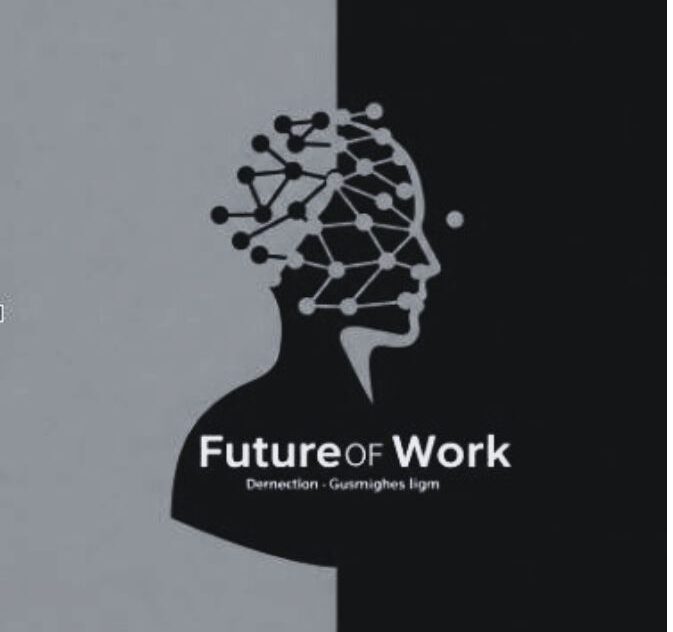The Industrial Revolution brought steam, the Internet rewired the world, now artificial intelligence is quietly rewriting our reality and the culture of work. With this, everyday workers in the fields of tech, education, healthcare and basically anybody carrying out online tasks are going to need to retrain their brains to keep up with the agent economy.
We’re not just talking about chatbots or grammar checkers anymore. According to the latest Work Trends Index Report 2025 by Microsoft, this isn’t just a tech shift, it’s a transformation on the scale of the steam engine or the browser.
And it comes with a new cast of characters: agents, agent bosses, and a workplace blueprint so radical it’s being dubbed the Frontier Firm.
The Frontier Is Now
At the heart of this transformation is a new kind of organization: the Frontier Firm. These companies don’t just use AI, they collaborate with it. Think of them as enterprises powered by “intelligence on tap,” blending human judgment with machine precision. They’re fast, agile, and hyper-adaptive, designed from the ground up to harness hybrid teams made of humans and digital labor.
The roadmap to get there? Three phases:
- AI as assistant: Your personal drudge-busting sidekick. Emails, scheduling, data entry, all done.
- Agents as teammates: Digital colleagues take over defined tasks under human direction.
- AI-led operations: Agents autonomously run entire processes, with humans steering the ship.
Meet Your New Teammates
Let’s clear up the lingo. In this brave new world:
- An agent is an autonomous AI system that gets stuff done.
- An agent boss is the human managing these digital coworkers.
- Digital labor is your scalable workforce, no recruitment required.
- The Work Chart is the new org chart, built around outcomes, not departments.
As businesses struggle to meet rising demands with finite human energy, digital labor is the new lever for growth. And the stats are clear: 53% of leaders say productivity must increase, but 80% of workers feel too stretched to keep up.
Interruptions come every 2 minutes, chats ping after-hours, and meetings (often ad hoc and cross-time zone) spike stress without necessarily driving value.
Humans vs. Machines? Try Humans + Machines
Forget the old debate of humans versus AI. The question isn’t “Will AI take your job?” but “How many agents do you need to scale your team?”
Already, 46% of leaders are automating workflows with agents, and every employee is expected to become an agent boss. That means knowing how to prompt, delegate, iterate, and partner with AI.
Here’s where things get interesting:
- 52% of the workforce still sees AI as a command-based tool.
- Only 29% of employees view AI as a thought partner.
- And yet, 79% of leaders say AI will accelerate their careers.
Clearly, there’s a mindset gap and a skills gap. The report warns that by 2030, 70% of today’s job skills will have changed.
Companies at the Cutting Edge
Real-world examples aren’t far off. Companies like Wells Fargo, Dow, and The Estée Lauder Companies are already embracing AI-driven transformation. Their results speak volumes:
- 71% of Frontier Firm workers say their company is thriving (vs. 37% globally).
- 93% are optimistic about future work opportunities.
What Leaders Need to Do Now
The report offers a clear playbook:
- Hire digital employees: Define agent roles and treat them like team members.
- Set your human-agent ratio: Decide what to automate and what still needs a human touch.
- Scale, fast: Move from pilot programs to full adoption in high-impact areas.
But most importantly: upskill. Nearly half of leaders (47%) are prioritizing employee development, and over 50% of managers say AI training will soon be a core part of their responsibilities.
The AI age is already upon us. You can either be dragged by the change… or lead it. The choice is clear: get familiar with agents, become an agent boss, and build a future where work is not just faster, but smarter and more human.






